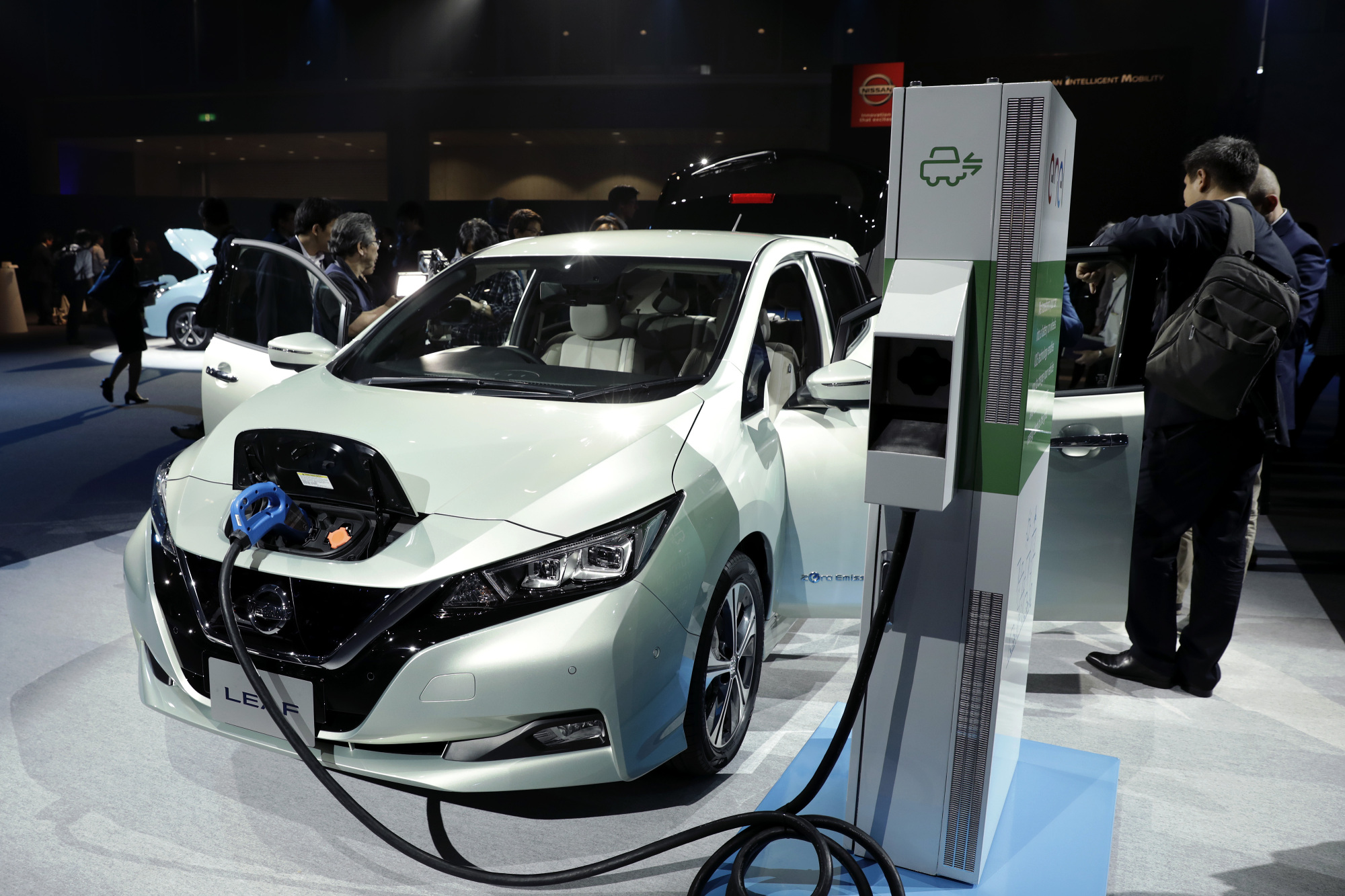Battery technologies are advancing at breakneck pace, to the extent that models featuring some of the latest developments may become obsolete before even reaching the market.
Teams of scientists from San Francisco to Shenzhen are experimenting with new chemical processes to improve traditional lithium-ion cells and find new ways to bottle up electricity for use at another time. But investors in those projects are starting to worry that they might have picked the wrong technology.
That's turning debate about the so-called stranded assets on its head. Previously the term had been deployed to refer to fossil-fuel projects that may turn unprofitable as pollution regulations tighten. Going forward, upheavals in the way energy storage devices are made mean that investments in batteries may also turn unprofitable — even though they're at the heart of transforming the way the energy system works.

















With your current subscription plan you can comment on stories. However, before writing your first comment, please create a display name in the Profile section of your subscriber account page.